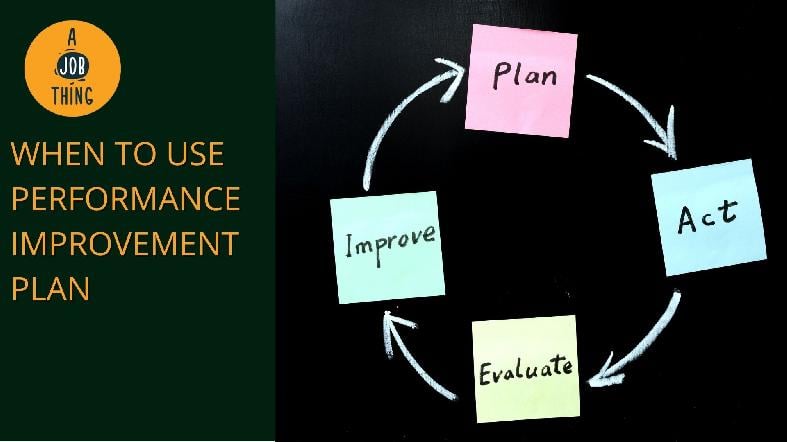
Performance Improvement Plan: When Should You Use It?
Are You Hiring?
Find candidates in 72 Hours with 5+ million talents in Maukerja Malaysia & Ricebowl using Job Ads.
Hire NowA performance improvement plan or PIP is a document given to struggling employees, detailing information on what they need to do to achieve success in the future.
These plans discuss what the employee is struggling with and how they could make improvements at work. Often written by an HR manager or supervisor, performance improvement plans are meant to assist employees in moving forward and succeed.
Why PIP is good for you
-
It reassures other employees that the employer will provide them with feedback, a fair process, support, and a chance to improve instead of being dismissed.
-
PIP empowers workers by allowing them to take ownership of their performance or behaviour and show their commitment to improve and fix their problem areas.
-
In some instances, PIP helps the employee to become a better performer.
-
PIP is an authentic documented process for improvement. If the employee is dismissed and tried to file for wrongful termination, the PIP proves that the employer has tried to help the employee improve.
The problems of PIP
-
It requires a lot of effort when done correctly.
-
PIP distracts from the regular workflow.
-
It can be uncomfortable for the manager and the worker during and after the PIP conversation.
-
A PIP's effectiveness depends on a few factors. It is usual for PIPs to be unsuccessful.
-
Once a worker is on a PIP, there's a risk that they interpret it as the first step in dismissal or sees feedback as something negative. If this is the case, they may become toxic, resign, or go on an extended sick leave.

Before asking the employee to sign a PIP form, employers must talk to the employee first.
When should you implement PIP?
-
When the employer has not structured their employee handbook to allow them flexibility or discretion in dealing with a performance issue. If the employer says that their policy is to implement a PIP when performance issues occur, employees will believe the employer and expect it.
-
When the employee is valuable, and they have met the expectations in most other areas of performance.
-
When the worker has always been a good performer and the performance problem is a recent anomaly.
-
When the employee is going through personal issues, and the window for accommodation is ending.
-
During the probation period, if the new employee is valuable, but you require more time to assess a fit or skillset.
When you should not implement PIP
If you are experiencing the situations below, you may need to think twice about putting the employee on a PIP.
-
When a worker has to work with a new manager who has, for instance, higher performance standards. There may be circumstances when the performance issue is related to fit or personal traits that are generally hard to change.
-
When a worker has stayed with the company for a long time, has historically been a mediocre performer, or has allowed their skills to become stale, or the employer has never provided them with training or feedback. It is hard to expect a veteran employee to undergo a PIP successfully. If the employer still wants the employee to stay, they will need a longer-term approach such as annual performance reviews, feedback, support and training goals.
-
When a manager's only aim is to create a paper trail where the end goal is to dismiss the employee. A manager should only use a PIP when there is a real interest and belief that the employee's performance can improve.
-
When your department or organisation's direction has changed, and the worker's competencies are drastically misaligned with the new job requirements.
-
When there is a serious incident such as gross insubordination, theft or violence.
PIP should start with a conversation
Before you implement a PIP, you must initiate a conversation with the employee. Employees should never go into a meeting where they are presented with and expected to agree to a PIP.
Starting a PIP is a heavy undertaking. It means the worker will lose their job if they fail to meet the goals and standards. You must be ready for this outcome before you begin and work closely with someone who has both the organisation & the worker's best interests in mind.
Click here to Post Job for 30 Days + Get Extra 30 Days >> https://bit.ly/3572wfO.
If you have any questions, please feel free to Whatsapp us at 018 966 6610 / Click Here >> https://bit.ly/3xcII6G
Articles that might interest you
How to Register for MITI's CIMS 3.0 and Obtain Approval Letter
How to Renew Your SSM Business Registration Online
How to Register for PEMERKASA+'s PSU 3.0

